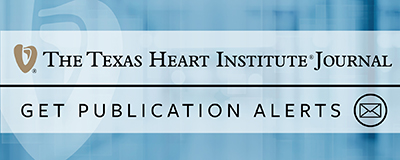Let Me Heal: An Instant Classic
Every now and then, a nonfiction book comes along that everyone who is interested in or involved with its subject matter should read—and re-read. In this issue, I review such a book—Let Me Heal: The Opportunity to Preserve Excellence in American Medicine. Its author is Kenneth M. Ludmerer, Professor of Medicine, Professor of History, and the Mabel Dorn Reeder Distinguished Professor of the History of Medicine at Washington University in St. Louis, Missouri.
As a graduate of Harvard College (magna cum laude) and the Johns Hopkins University School of Medicine (Alpha Omega Alpha), Ludmerer is a board-certified internist who has devoted his entire professional career of more than 40 years to medical education and healthcare policy. In the eyes of many, including my own, he stands as the leading authority on American medical education, past and present. Although he has received a host of prestigious awards and honors and has been the principal or a member of numerous editorial boards and scientific societies, his books alone will earn him a front-row seat in the pantheon of medical educators.
His first book,1 in 1972, was a study of the American eugenics movement. Saturday Review named it one of the outstanding science books of the year. His second book2 focused on the creation of America's system of medical education. It was nominated for a Pulitzer Prize and a Bancroft Prize. His third book3 examined the evolution of American medical education from the turn of the 20th century to the advent of managed care. Reviewers called it “a masterpiece of great national importance” and “the most important work in medical education since the Flexner report.”
Ludmerer's latest book4—the one that prompted this editorial and associated review—is the first-ever account of the residency training system in the United States and its relation to the quality of medical care in this country. Of his substantial contributions to the medical literature, this one is my favorite. Other reviewers have called it “a tour de force,” “a thoughtful scholarly treatise,” and “a ‘must read now’ for everyone who cares about how we train our future doctors.”
When considering the ongoing changes in our healthcare delivery system and the uncertainty of medical education and practice, Let Me Heal offers the following: “. . . the medical profession has little to fear in the changes ahead as long as it remembers that it exists to serve, that the needs of patients come before its own, and that it always must be thinking of improving the future as well as caring for the present.”4
Amen.
Contributor Notes
Dr. Fred is an Associate Editor of the Texas Heart Institute Journal.
